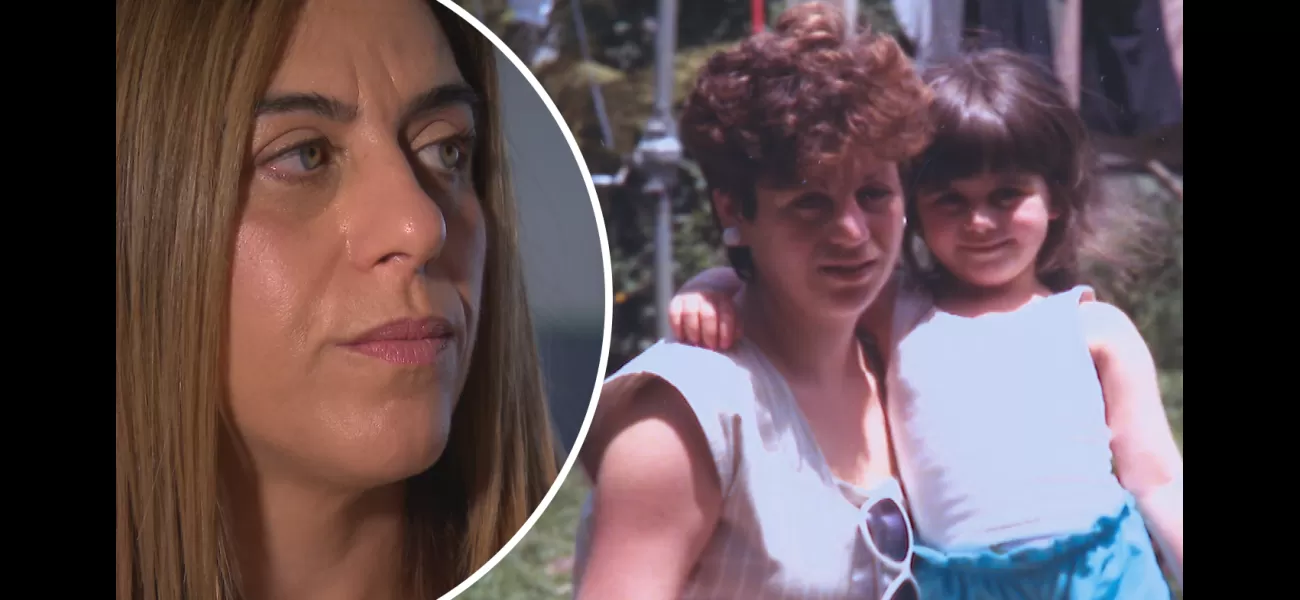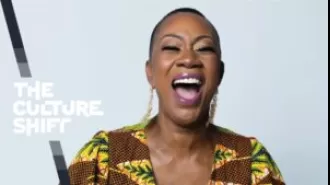Kids not getting help with domestic violence
At age 11, Beverley Attard witnessed her father tear apart their family.
May 19th 2024.

Beverley Attard was only 11 years old when she witnessed her father tear their family apart. Her mother, Betty, was taken from her in a tragic act of domestic violence over 30 years ago. Even after all this time, Attard is still struggling to come to terms with the aftermath of being a survivor.
In her own words, Attard recounts the horrific event that changed her life forever. She remembers standing in their backyard as her father took her mother's life with a gun. The trauma and loneliness that followed were overwhelming for Attard, and she sought help from counsellors for two years. However, she still feels that children in Victoria are often overlooked as victims in these heinous crimes.
Attard's sentiments are echoed by Rebecca Burdon, who shares a similar story of loss and frustration. Burdon's mother, Marilyn, was killed by her boyfriend in a murder-suicide in 2017, leaving behind three young children, including a six-month-old baby. Burdon recalls the lack of support from government agencies during this difficult time, especially in terms of practical assistance. She was so overwhelmed with stress that she couldn't even feed her baby and had to leave it behind.
A study conducted by Professor Eva Alisic from Melbourne University sheds light on the impact of domestic homicide on children. The study reviewed 70 children who had lost a parent in such circumstances and found that they were often failed by the lack of available support. According to Alisic, the effects on these children can last a lifetime, and it is estimated that 34 Australian children will lose a parent in a similar manner this year alone. However, there is no official record of these statistics, and Alisic believes that it is crucial to have this information to provide these children with proper trauma and grief therapy.
After her mother's death, Attard was sent to live with her aunt, and Alisic argues that there should be more support for extended families who take in these children. Often, these caregivers are also grieving and struggling to support these children in their time of need. Both Attard and Burdon have spent years searching for others who have gone through a similar experience and have called for the establishment of a peer support group for survivors.
The federal government has allocated a significant amount of money to prevent family violence, but Burdon and Attard believe that some of this funding could greatly benefit the children of murdered parents in coping with their ongoing trauma. As Attard points out, this issue is not going away anytime soon, and there will continue to be children impacted by these tragedies. The support is available for survivors and their families through the National Sexual Assault, Domestic Family Violence Counselling Service and Lifeline.
In her own words, Attard recounts the horrific event that changed her life forever. She remembers standing in their backyard as her father took her mother's life with a gun. The trauma and loneliness that followed were overwhelming for Attard, and she sought help from counsellors for two years. However, she still feels that children in Victoria are often overlooked as victims in these heinous crimes.
Attard's sentiments are echoed by Rebecca Burdon, who shares a similar story of loss and frustration. Burdon's mother, Marilyn, was killed by her boyfriend in a murder-suicide in 2017, leaving behind three young children, including a six-month-old baby. Burdon recalls the lack of support from government agencies during this difficult time, especially in terms of practical assistance. She was so overwhelmed with stress that she couldn't even feed her baby and had to leave it behind.
A study conducted by Professor Eva Alisic from Melbourne University sheds light on the impact of domestic homicide on children. The study reviewed 70 children who had lost a parent in such circumstances and found that they were often failed by the lack of available support. According to Alisic, the effects on these children can last a lifetime, and it is estimated that 34 Australian children will lose a parent in a similar manner this year alone. However, there is no official record of these statistics, and Alisic believes that it is crucial to have this information to provide these children with proper trauma and grief therapy.
After her mother's death, Attard was sent to live with her aunt, and Alisic argues that there should be more support for extended families who take in these children. Often, these caregivers are also grieving and struggling to support these children in their time of need. Both Attard and Burdon have spent years searching for others who have gone through a similar experience and have called for the establishment of a peer support group for survivors.
The federal government has allocated a significant amount of money to prevent family violence, but Burdon and Attard believe that some of this funding could greatly benefit the children of murdered parents in coping with their ongoing trauma. As Attard points out, this issue is not going away anytime soon, and there will continue to be children impacted by these tragedies. The support is available for survivors and their families through the National Sexual Assault, Domestic Family Violence Counselling Service and Lifeline.
[This article has been trending online recently and has been generated with AI. Your feed is customized.]
[Generative AI is experimental.]
0
0
Submit Comment





